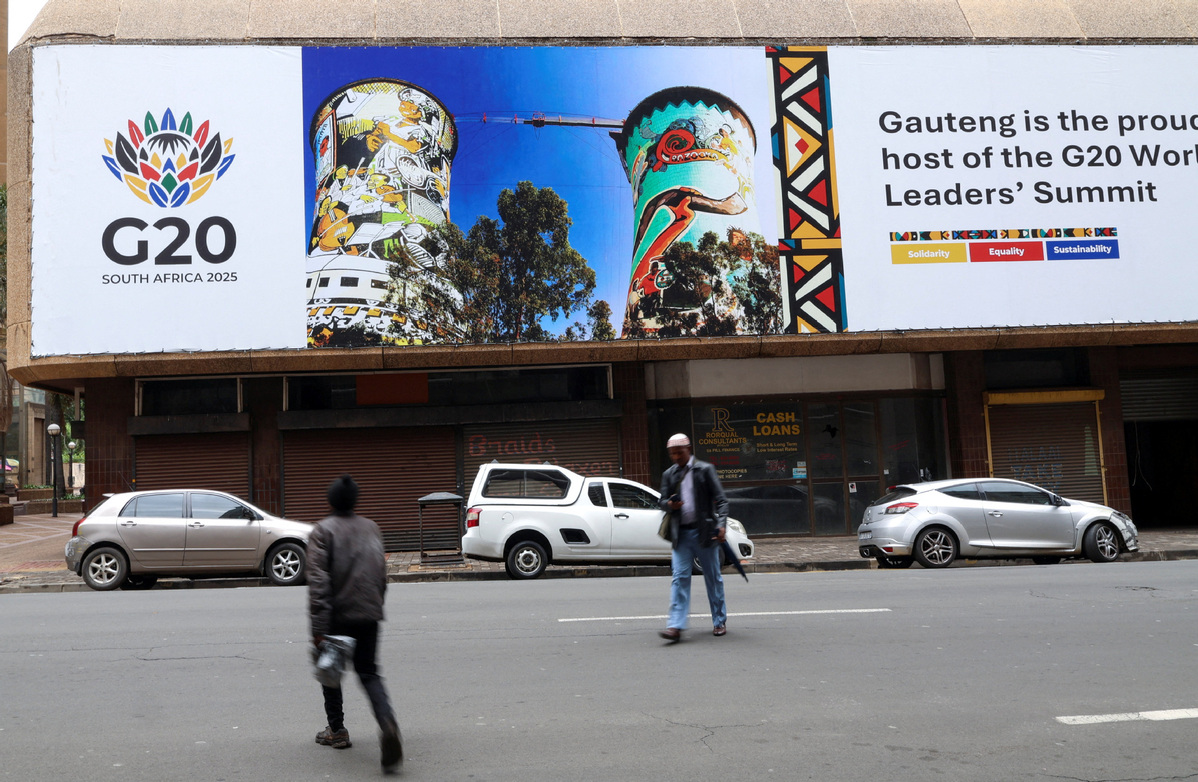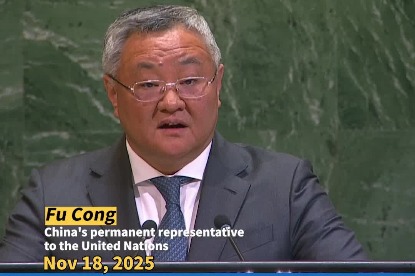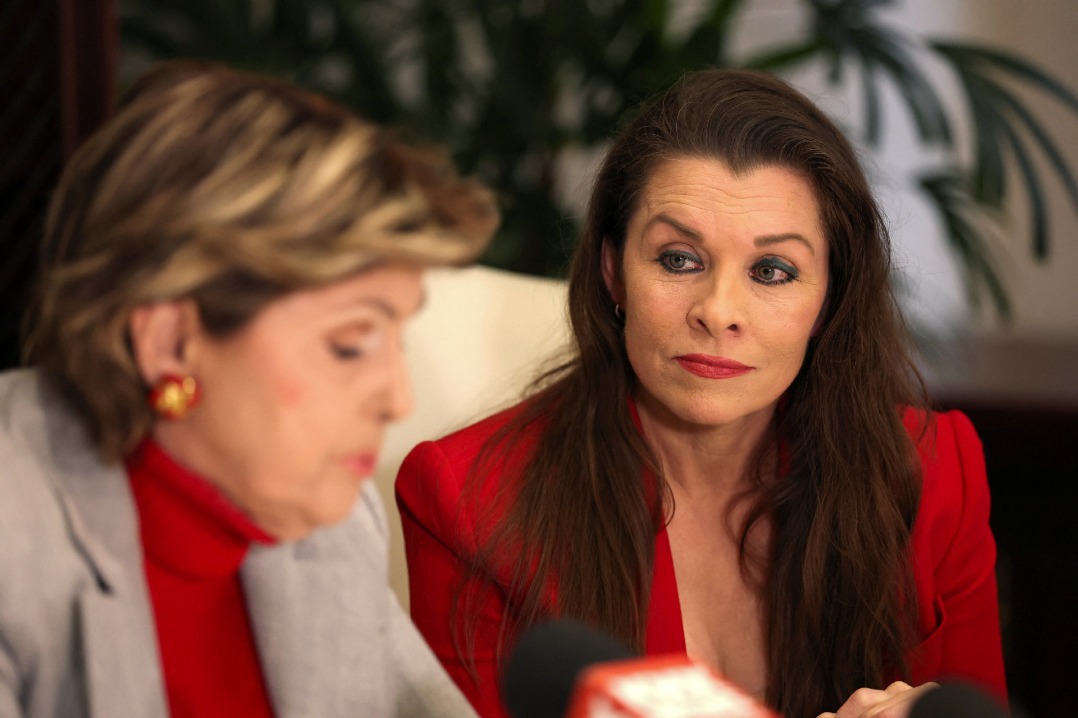Africa sees rising role in global governance
Continent's push for deeper inclusion in partnerships welcomed by experts


With the African Union's inclusion in the G20 and deeper BRICS+ engagement, Africa is moving beyond its traditional role as a passive recipient of global norms to an active shaper of global governance.
The continent is leveraging these new platforms to press its case on climate justice, trade, debt reform, digital sovereignty, and the overhaul of the global financial architecture.
Gordon K'Achola, chief executive officer of One Stop Development Agency, a Nairobi-based nonprofit organization, said the existing financial institutions, particularly on issues of debt vulnerability, climate, and the global financial system, were designed for the West, not Africa and the Global South.
As a result, he said African leaders are raising concerns about the systems. The Global North, in turn, recognizes that Africa is a vital partner not to ignore, noting that existing financial institutions such as the World Bank and the International Monetary Fund have long relied on the continent as a major recipient of their lending.
K'Achola said the realization of Africa's increasing role in global affairs has brought Africa to the negotiating table, where the continent is likely to play a greater role in shaping future financial frameworks.
He said the AU's permanent seat in the G20 was inevitable, given the continent's importance to the green transition.
"The global green transition is pegged on Africa's minerals — cobalt, copper, and lithium, among others. There is no way the Global North can exclude Africa from the discussion table," K'Achola said. "That is why they had to bring Africa as a whole, not just a single country, into the G20."
He stressed that Africa's shift from "norm-taker" to "norm-shaper" is visible in BRICS+, where Egypt, South Africa, and Ethiopia are already members.
"We can't afford to be norm-takers when we have the youngest, vibrant, and biggest youth population in the world, and when we are seen as the next biggest trading bloc," he said.
"BRICS is coming in with open arms, ready to trade, ready to co-create solutions with Africa rather than impose them. This is the opportunity for Africa to redefine its position."
To seize this opportunity, K'Achola said Africa must shift its rules and regulations to be open to broader engagement, rather than being restrictive or limited to specific areas.
James Shikwati, director of the Inter Region Economic Network, a Nairobi-based think tank, said Africa's current governance structures, such as the AU, and regional economic blocs, were designed to function under a unipolar world order dominated by the West.
"Going forward, these structures need to reevaluate their systems and be agile enough to carry Africa's agenda in the unfolding multipolar world order that is likely to elevate realism over liberalism," he said.
Shikwati believes Africa has the assets to play a decisive role in shaping the global order over the next decade.
"If Africa takes intentional and proactive assessments of its abundant natural resources, critical mineral resources, favorable demographics, and rapid urbanization, among others, it is likely to play a critical role in international supply chains, position itself as a nonaligned member in geopolitical competitions and anchor the continent for global security and trade frameworks," he said.
On the debt issues, Shikwati said African leaders are increasingly using G20 and BRICS+ to advocate for equitable debt restructuring, fair financing conditions and reevaluation of credit rating systems.
"Leaders continue to diversify financial partnerships over the traditional reliance on Western sources," he said.
K'Achola said Africa must leverage the African Continental Free Trade Area to rally the necessary support to rewrite the rules of the game, and reshape the course of business.
"Africa must first begin by trading within itself. The continent cannot change the world norms if it cannot change the norms within itself," he said.
According to him, only through policy inclusion, policy accumulation, and a policy-driven agenda can Africa gain real influence within both the G20 and BRICS+.
"Africa must project a unified voice to influence the world. Without it, the continent risks being overlooked," he said.
































